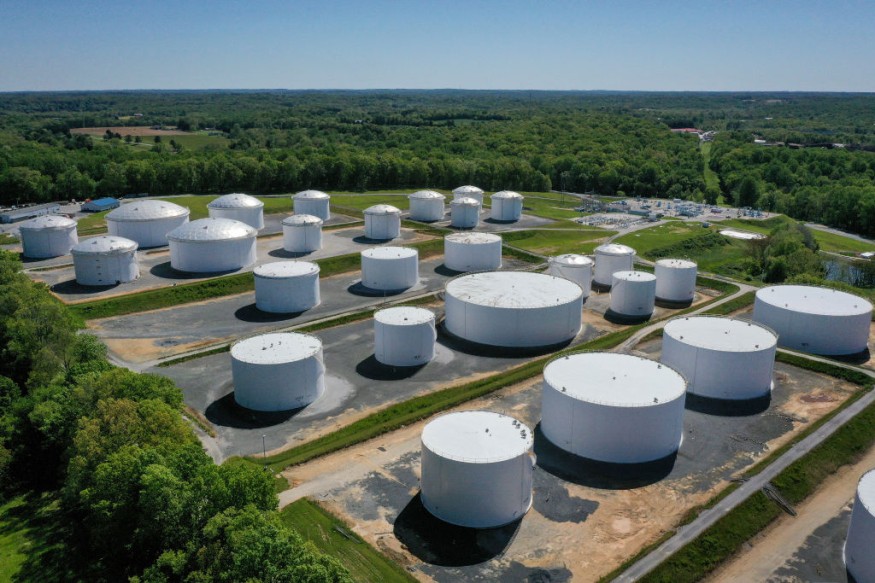Colonial Pipeline Attack Hackers Got Nearly $5 Million in Ransom

The hackers responsible for the Colonial Pipeline attack had received nearly $5 million in ransom, according to a U.S. official with knowledge on the matter. However, the U.S. official did not specifically say how or when the company paid the ransom.
Meanwhile, U.S. President Joe Biden had commented over the matter, saying that the ransomware attack on the U.S.'s largest gasoline pipeline had come from Russia, according to an Aljazeera report.
Biden said that they have a strong reason to believe that the criminals behind the attack are Russians. However, the Federal Bureau of Investigation concluded that the Russian government was not involved in the hack, adding that the federal government has contacted Russian officials about what steps to take against the ransomware attacks.
Colonial Pipeline Attack
The Colonial Pipeline runs 8,851 kilometers to New York from oil refineries in Texas. It slowly resumed its operations on May 12.
The system is primarily gasoline, diesel, and jet fuel pipeline catering to the East Coast.
Before restarting operations on Wednesday, it warned that some markets could experience some service interruptions.
GasBuddy's senior petroleum analyst Patrick De Haan warned that it may take weeks until gasoline supply returns to normal despite the system getting back online.
De Haan noted that the situation has gotten out of control. He added that it might be three to four weeks before operations go back to normal, according to a Yahoo Finance report.
The petroleum expert also said that consumers who are hoarding gas are worsening the situation. De Haan said that panic buying is causing the gas shortage and not supply issues.
Meanwhile, the ransomware at Colonial had put a light on the country's critical infrastructure. It has been a target of several cyberattacks. Cities, schools, and hospitals across the country have been targeted by cybercriminals, according to a CNET report.
Ransomware Attacks
The FBI has discouraged American ransomware victims from paying hackers, stating that payment is not guaranteed to work, and it encourages criminals to continue attacking others, according to an NBC News report.
Anne Neuberger, the White House's deputy national security adviser for cyber and emerging technologies, echoed the FBI's sentiment on the matter.
Neuberger said that they discourage the payment of ransoms as it encourages more cases of ransomware.
Brett Callow, a threat analyst with the antivirus firm Emsisoft, said that prohibiting ransomware payments is the fastest way to end ransomware attacks. Callow added that attacks occur because they are profitable, according to an NPR report.
Attacks from airports and hospitals to schools and local governments have also been escalating.
In September 2020, United Health Services was attacked, which cost the Pennsylvania-based hospital $67 million before taxes.
The U.S. Coast Guard facility also fell victim to a ransomware attack in 2019, which caused their operations to shut down for more than 30 hours.
Colonial had tapped the services of cybersecurity company Mandiant to address the ransomware attack. Mandiant spokesperson said that the company does not directly pay ransomware groups on clients' behalf. However, they acknowledged that the victims can choose to do so.
WATCH: Colonial Pipeline paid ransom to hacker group DarkSide: Source - from CNBC Television
Subscribe to Latin Post!
Sign up for our free newsletter for the Latest coverage!
© 2025 Latin Post. All rights reserved. Do not reproduce without permission.















